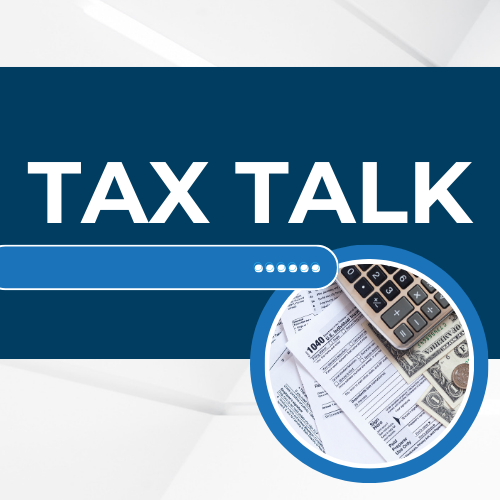New Rules for 1099-K Forms
Navigating the New 1099-K Rules: A Guide for Small Businesses

Small businesses play a crucial role in the economy, and as they strive to thrive, staying compliant with tax regulations is very important. One area that has recently undergone changes is the 1099-K reporting rules. Let's explore the new 1099-K rules for small businesses, understanding what has changed, and how businesses can navigate these updates to ensure compliance.
The 1099-K form is used to report income received through payment card transactions and third-party network transactions. Small businesses that accept payments through platforms like PayPal, Square, or other third-party payment processors often receive a 1099-K form at the end of the tax year.
New Changes in 1099-K Reporting:
Recent updates to the 1099-K rules aim to enhance transparency and address potential gaps in reporting. Here are some key changes that small businesses need to be aware of:
Lower Reporting Thresholds:
- One significant change is the lowering of reporting thresholds. Previously, businesses only received a 1099-K if they had over 200 transactions and $20,000 in gross payments. Now, the threshold has been lowered to 200 transactions and $600 in gross payments. This means more small businesses will fall under the reporting requirements.
Inclusion of Non-Card Payments:
- The new rules expand the scope of reportable transactions to include non-card payments processed through third-party networks. This encompasses a broader range of transactions, such as ACH transfers and other electronic payment methods.
Navigating the Changes:
For small businesses navigating these changes, there are several key steps to ensure compliance:
Keep Accurate Records:
- Maintain detailed records of all transactions, including non-card payments. Accurate record-keeping is essential for reconciling reported income and addressing any discrepancies that may arise during tax filing.
Leverage Accounting Software:
- Investing in accounting software can streamline the tracking of transactions and simplify the process of generating financial reports. Many accounting tools integrate with payment processors, making it easier to reconcile income.
Stay Informed:
- Tax regulations are subject to change, and staying informed is crucial for compliance. Regularly check for updates from the Internal Revenue Service (IRS) or consult with a tax professional to understand how changes may impact your business.
Review Payment Processor Statements:
- Carefully review statements from payment processors to ensure they accurately reflect your business's financial activities. Identify any discrepancies and address them promptly to avoid issues during tax filing.
As small businesses adapt to the evolving landscape of tax regulations, understanding new and emerging tax rules and regulations is essential. By staying informed, maintaining accurate records, and leveraging available tools, businesses can navigate these changes seamlessly and focus on their growth and success. Always consult with a tax professional for personalized advice tailored to your specific business needs.















